China has expressed concerns over the United States' new tranche of tariffs on solar product imports from four Southeast Asian nations, and called on Washington to jointly maintain the free trade of new energy products, the Ministry of Commerce said on Thursday.
Moreover, such tariffs will push up solar power costs in the U.S., with the losses ultimately borne by its own enterprises and consumers, officials and analysts said, adding that it will drive up the country's costs of meeting its energy transition goals.
"The U.S. has shown a clear result-oriented approach in its investigation of photovoltaic products from Cambodia, Vietnam, Thailand and Malaysia," said He Yadong, a spokesman for the ministry, stressing that China is worried about the U.S. tendency to turn trade remedy investigations into political tools and suggested that the investigation's results were predetermined.
According to a preliminary decision released by the U.S. Department of Commerce on Friday, it announced duties of up to 271.28 percent on solar products from the four nations, depending on the country and company in question.
In recent years, a number of Chinese photovoltaic companies have invested and operated in various Southeast Asian countries, making positive contributions to local economic and social development, He said.
The U.S. move to levy these tariffs will inevitably affect the operations and competitiveness of these Chinese enterprises in the region. Chinese firm Jinko Solar, for instance, has received duties of 21.31 percent for its products made in Malaysia and 56.51 percent for those produced in Vietnam.
Trina Solar, another Chinese firm, has been slapped with a dumping margin of 77.85 percent for products it makes in Thailand and 54.46 percent for those it manufactures in Vietnam. A hefty 53.30 percent duty on solar products manufactured by China's JA Solar in Vietnam has also been levied.
The U.S. should abandon its protectionist practices and work with the international community to jointly maintain the free trade of new energy products like solar panels in order to contribute to the global fight against climate change, He said.
By restricting access to affordable solar products, the U.S. is essentially shifting the burden onto its own enterprises and consumers, thus undermining the competitiveness and development of its domestic solar industry, analysts said.
In line with the goal of the U.S. Department of Energy to reduce greenhouse gas emissions, solar deployment in the U.S. needs to grow by an average of 30 gigawatts alternating current each year between now and 2025 and ramp up to 60 GW per year between 2025 and 2030.
While the U.S. is on track to fulfill its domestic installation demand for solar panels backed by policy stimulus, its dependence on imports still persists in the silicon wafer and cell sectors, said Lin Boqiang, head of the China Institute for Studies in Energy Policy at Xiamen University.
Unlike solar panel manufacturing, which can be readily expanded through investments, the solar cell and silicon wafer industry chains involve intricate technology inputs, posing challenges for rapid expansion, Lin said.
To meet U.S. renewable energy objectives and increase solar installations, the U.S. will continue to require imported equipment. However, imposing higher tariffs would mean that this expense would be distributed among consumers and local enterprises, Lin said.
According to a recent report by the Clean Energy Associates in the U.S., these new tariffs could lead to an increase in the cost of solar cells and modules "to a level that would severely limit the supply and installation of solar energy in the U.S.".
The report found that potential new anti-dumping/countervailing duties could raise the price of U.S.-made solar modules by $0.10 per watt and imported modules by $0.15 per watt, which would "significantly affect" the economic viability of solar projects.
The U.S. Commerce Department's final determinations are set for April 18, 2025, with the final duties subject to change. The department's International Trade Administration is then set to finalize its determinations on June 2, followed by an issuance of orders on June 9.








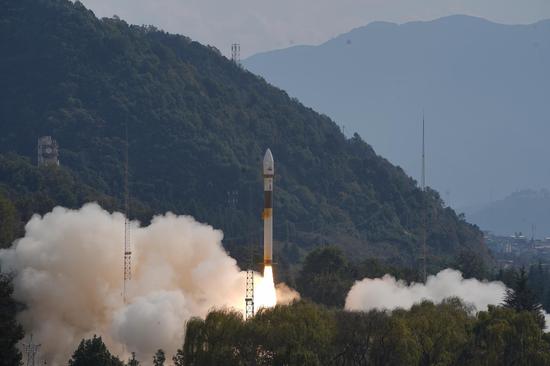
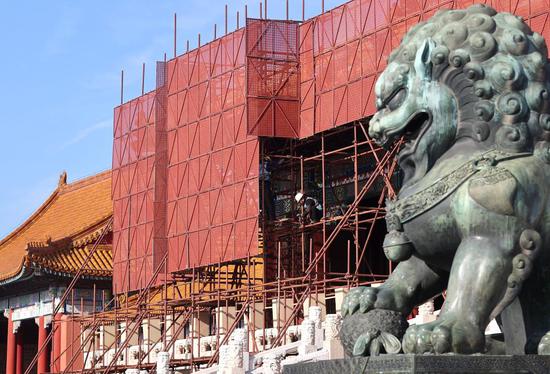


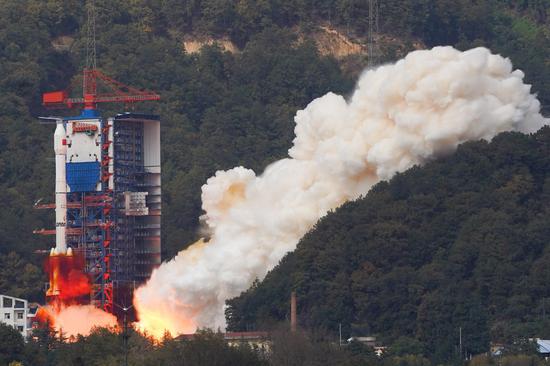
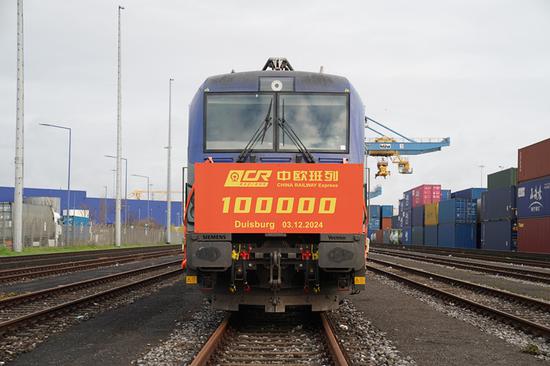
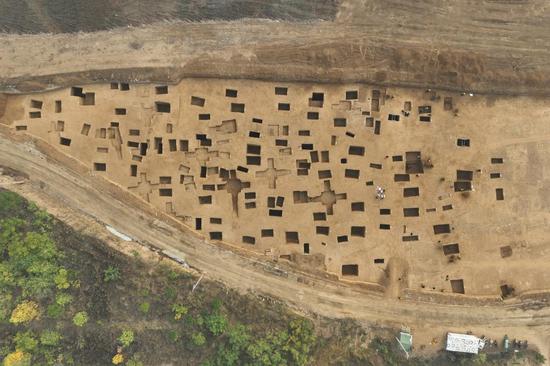






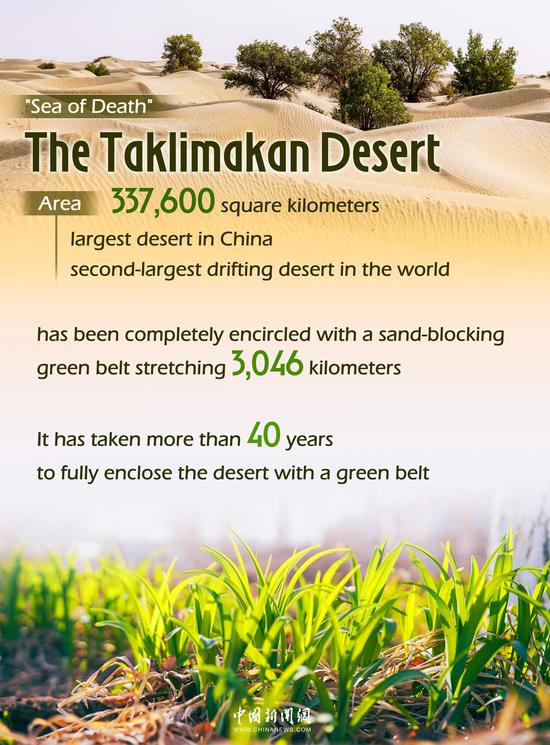



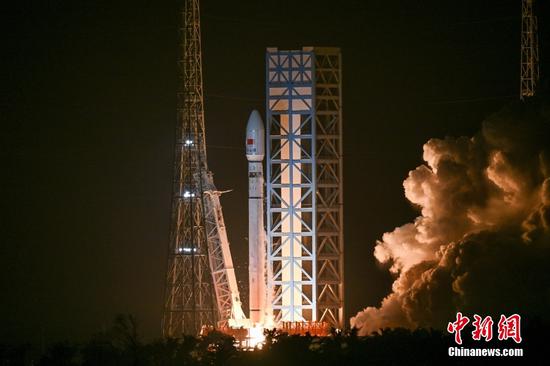



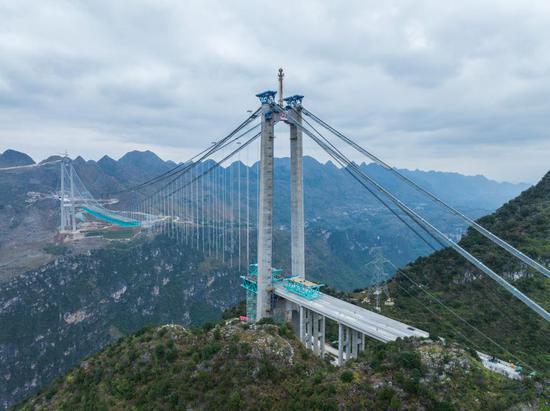


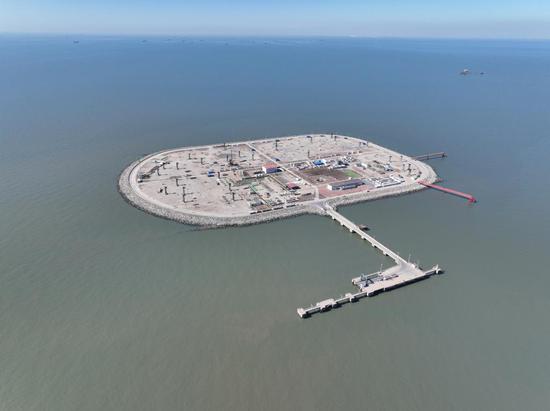

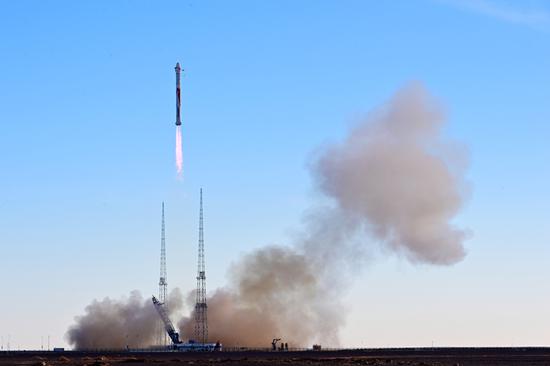
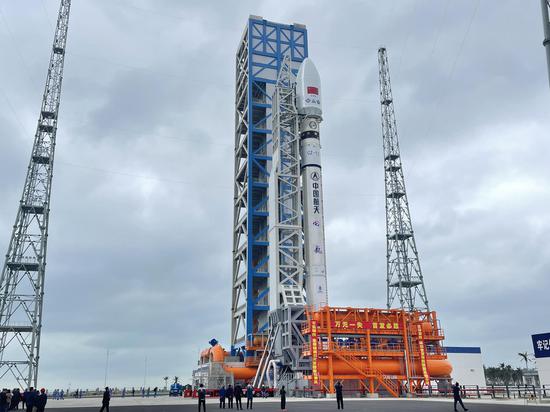
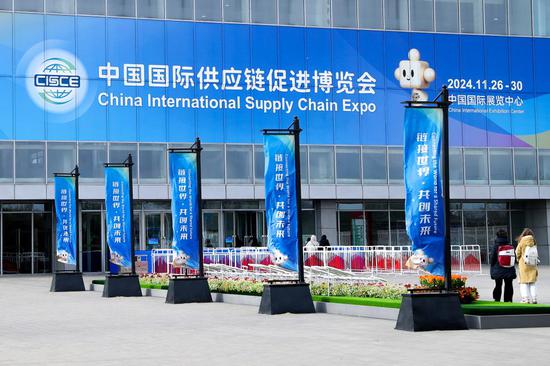

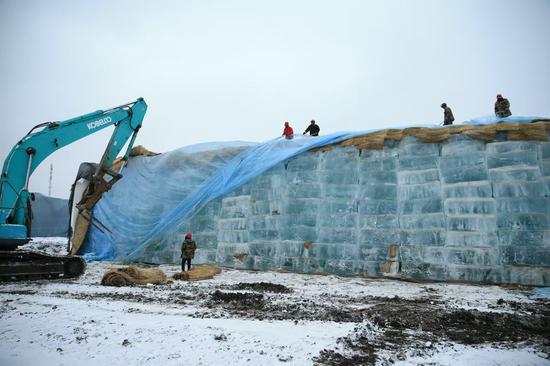
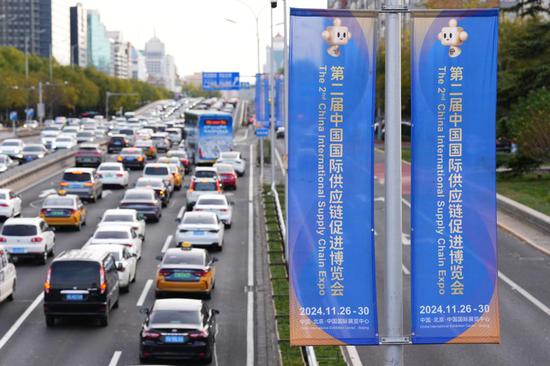



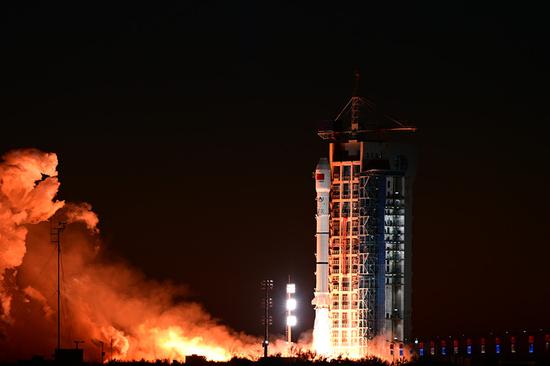


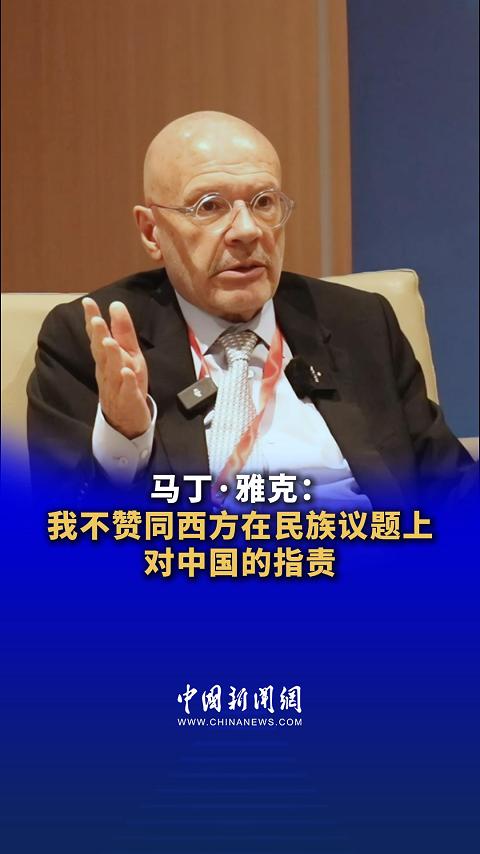

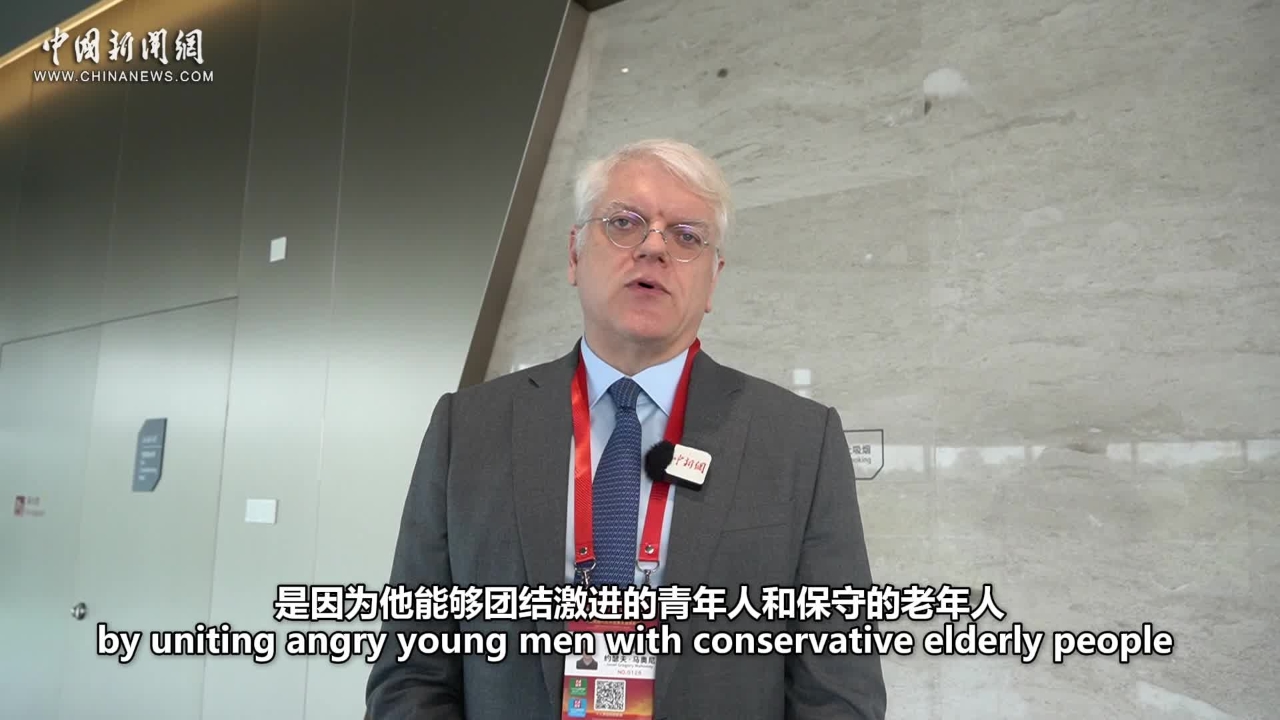

 京公網安備 11010202009201號
京公網安備 11010202009201號